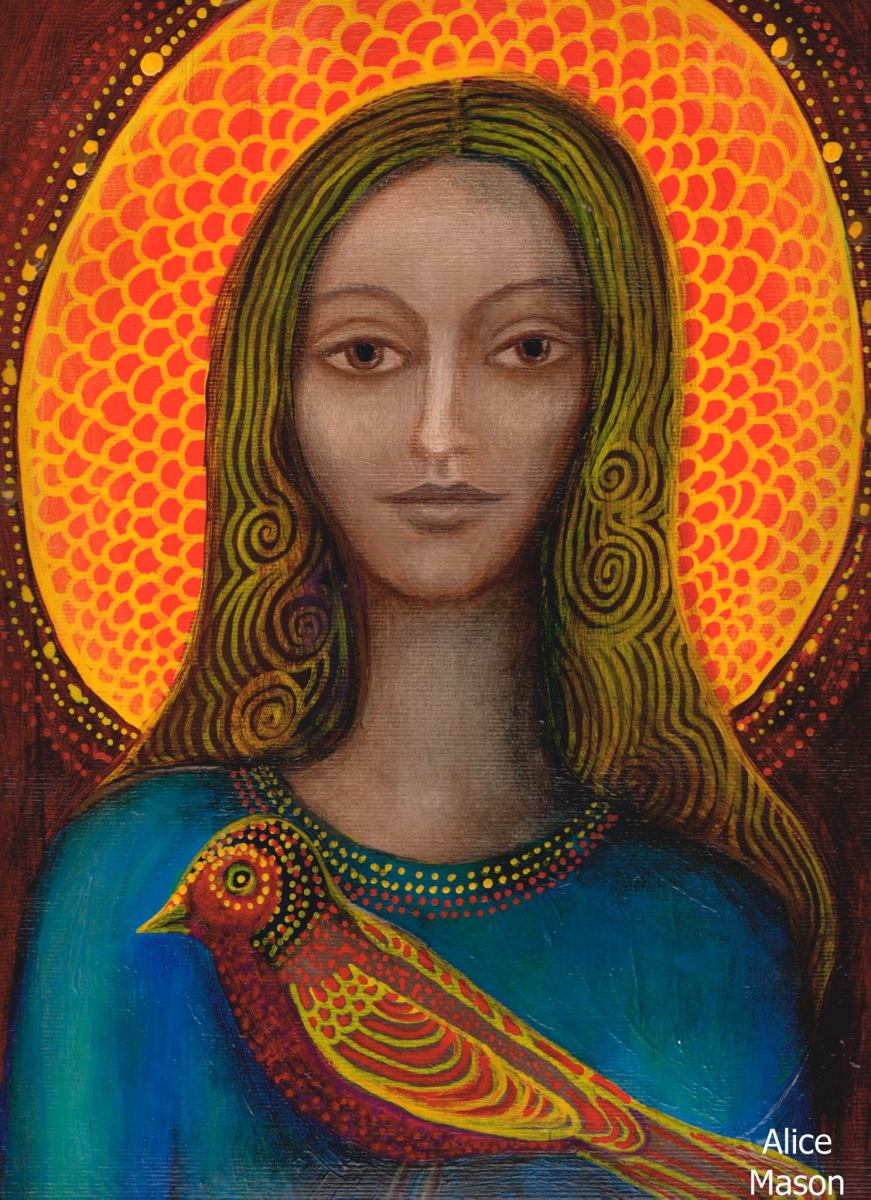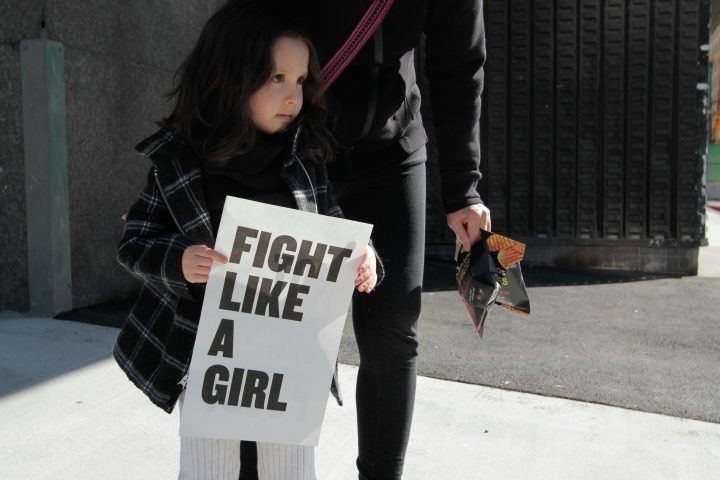Feminist theology is a movement found in several religions, including Buddhism, Christianity, Judaism and New Thought, to reconsider the traditions, practices, scriptures, and theologies of those religions from a feminist perspective. Some of its questions include:
- How does religion perpetuate or undermine sexism?
- How does religion reflect women’s values and experiences—or fail to do so?
- How does religion define or hinder the empowerment of women?
- How does religious language perpetuate or challenge oppression? How does it promote liberation?
- What can religiously-based moral and ethical systems contribute to the struggle toward gender and sexual equality?
- What might feminist theology offer to religious communities? What moral and spiritual resources does it have to offer women and men?
Feminist theology is a powerful collection of voices that are contesting the status quo. It is a movement to question the established religion, and give expression to the voices of women who want to be heard.
History
Feminist theology emerges from the struggle for gender justice. Originating in the conflict of gender and power relations in society, feminist theology was born out of a need for equity between the sexes. Even so, feminist theology was also formed in reaction to denominationalism and the deeply entrenched sexism and patriarchy it produced.
Feminist theologies in the 19th and 20th centuries emerged primarily in Protestant Christianity, the religion of the Western world. However, feminist theology has also become a significant movement in Judaism and in Buddhism.
Feminist theology is built on a foundation of values including freedom, equality, respect, reason, and love. The dialogic relationship between these values has produced a framework for the development of a feminist theology.
Feminist theologians have questioned many aspects of established religious belief systems:
- Theologies that glorify God typically have had a male bias.
- Theologies that focus on salvation and on the love of God toward all sentient beings tend to be hierarchical, male-centered, and to emphasize a theological story of two-ness: the separation of God and humanity, and the separation of men from women and the world. Patriarchal religions emphasize a patriarchal God who created the world and male and female creatures in his image, and defined them according to rigid gender roles.
- Theologies based on a doctrine of eternal punishment (or the eternal torment of the soul in hell) are biased against the feminine aspect of God, and against the moral capacity of the human beings, as well as against the doctrines of fate, meaning, and prayer.
- Theologies that assume the inevitability of war and conflict (and the responsibility of human beings to prevent it) focus on male aggression and overlook or justify violence against women.
- Theologies based on individuality focus on male self-interest, and fail to account for the social nature of human beings, including the fact that truth and wisdom are historically embedded and socially constructed.
Feminist theologians have described religion as inherently hierarchical and patriarchal, a male construction that required a corresponding female response. They have argued that personal spirituality should be separate from organized religion, both for atheists and for those women who want to remain in their patriarchal religions.
Different Approaches
Feminist theology reveals two main strategies for understanding the relationship between God and the world. The first, thealogy, assumes that God is like humanity, female or male; the second, atheology, assumes that God is neither male nor female, but neutral or without gender.
The thealogical path to a feminist theology accepts the inherited tradition of the influence of religious philosophy and theology on human nature and culture. It seeks to discover the way in which different religious traditions perpetuate or liberate a patriarchal system of social relationships. Its purpose is to interpret the signs of the times and provide a theory of contemporary patriarchal society, based on the experience of women. As a logical extension, it takes the following form: the patriarchal Bible can change, given the evidence that the sacred texts and traditions of Episcopal Christianity have changed since the Reformation. This form of theory suggests a similar change in the meaning of the Bible.
Feminist theologians influenced by thealogy recognize that the status quo is not inevitable and that social change has occurred in the past. They persistently raise questions about the patriarchal nature of the Bible and of other religious texts, and of the church and state. They seek to uncover bias in conciliating these texts with contemporary feminist and lesbian perspectives, or in the process of translation, or in the interpretation of the Bible.
The thealogical strategy is also supported by Christian existentialist feminists such as Simone de Beauvoir, and by Jewish feminist theologians such as Judith Plaskow.
The atheological alternative is to investigate the many universal myths and religious symbols that cross social, cultural, racial, and geographical lines. Religious activity that is not attached to the Bible calls the patriarchal Bible into question. Atheological feminists seek to reveal new metaphors and symbols that reflect the equality of men and women, their interdependence, their intersubjectivity, and their reciprocity.









